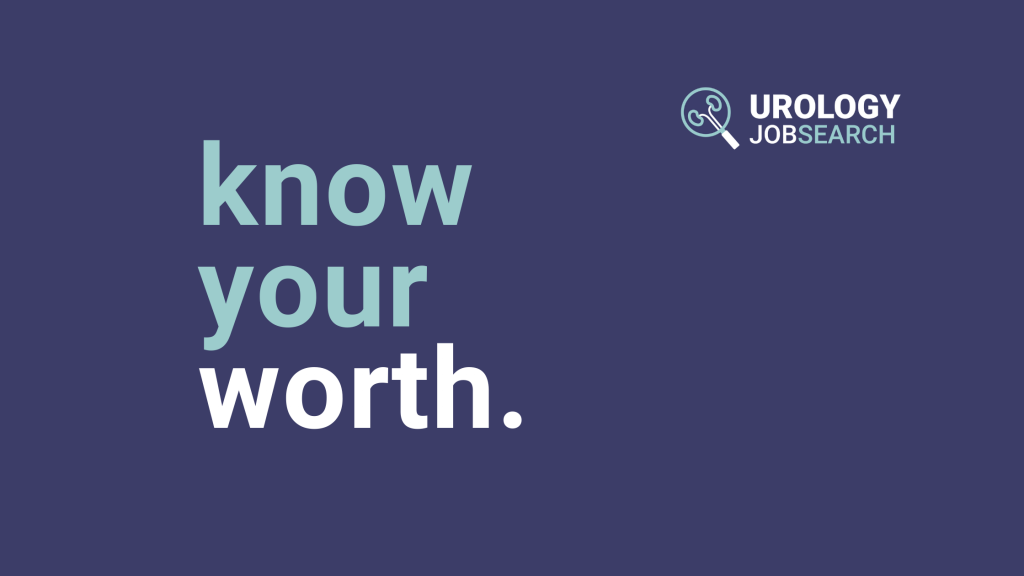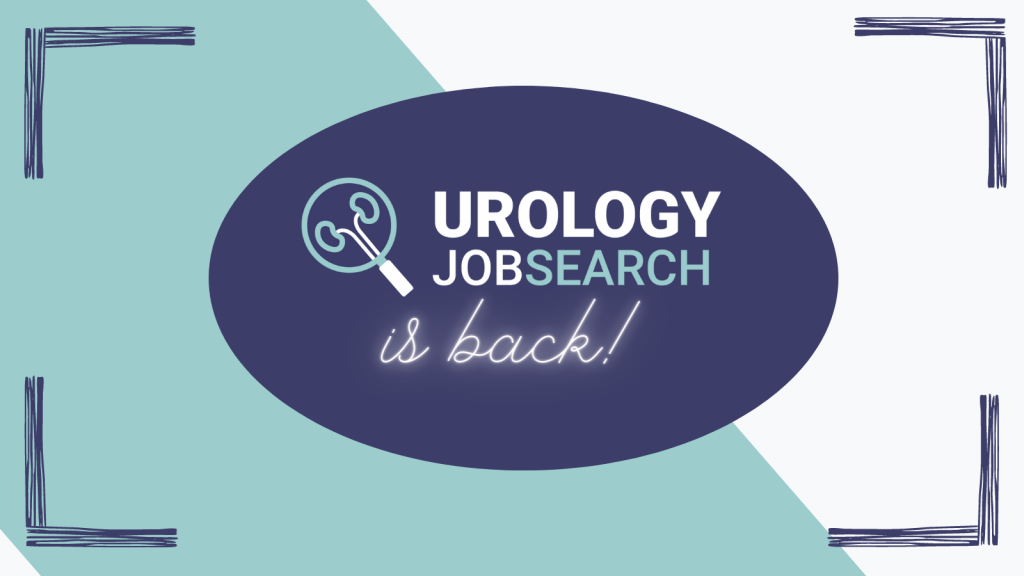**Click here to request a link to the Urologist Compensation Survey
Imagine: You’re in your last year of urology residency or fellowship and going through the job interview process. A hospital or practice sends you an offer letter, you open it, and honestly have no idea what to think. A 500% increase in your annual income sounds pretty nice! But, is it a fair offer? You’ve heard that you should always negotiate your first contract, but how much money should you be expecting? What other benefits do you deserve? Perhaps you google “urologist salary” and find an article like this: https://www.zippia.com/urologist-jobs/salary/, leaving you to believe that your $300,000 offer is on the high end of what you should expect. But can you trust this source? (Short answer: no).
As urologists, how do we know our worth?
We complete tens of thousands of hours of training and education (and in many cases accumulate hundreds of thousands of dollars in debt), and are then offered a certain amount of money to work as urologists. How do we know that our offer is in line with what we deserve to be paid? Currently, there are a couple of companies that gather and analyze physician compensation data. They collect this data from hospital and practice administrators, crunch the numbers, and then sell the analyzed data to employers, contract negotiation firms, and physicians. Sometimes employers will share this data as part of their recruitment. Otherwise, urologists will need to pay for it via contract negotiation firms or buy it directly for hundreds or even thousands of dollars. The data is usually pretty simple – 25%, 50%, and 75% of the median salary, perhaps segmented by region or years out of training. MGMA tends to be the most often quoted source for this type of data. Our team at Urology Job Search has discussed the data and sources thereof with MGMA, as we are often asked about MGMA data from job seekers. Interestingly, per the MGMA, the data that goes into the MGMA database is not actually supplied by urologists but by administrators. Additionally it is data on only 1,187 urologists that make up the database.
But wait…why are we paying for data about ourselves?
Why is our deserved level of compensation a secret that third parties profit from revealing? If we come together as a collective profession and share our compensation information anonymously, we will all be more empowered to advocate for the contracts we deserve.
Behold the 1000 Urologist Challenge.
We have built an anonymous urologist compensation survey and database that will be a free resource for urologists, residents, and fellows. We do not ask for any identifying information (even geographic/regional information is optional to include). Our goal is to get to 1000 responses by July 1, 2022. We realize this is an enormous goal, but we believe it’s a worthy cause and hope you will, too. We will need your help to get the word out.
Because the survey is totally anonymous and we want to protect the integrity of the data, we are asking respondents to request a link to the survey.
Reminder: we are only accepting responses from urologists practicing in the United States.
Please share this within your urology networks!



